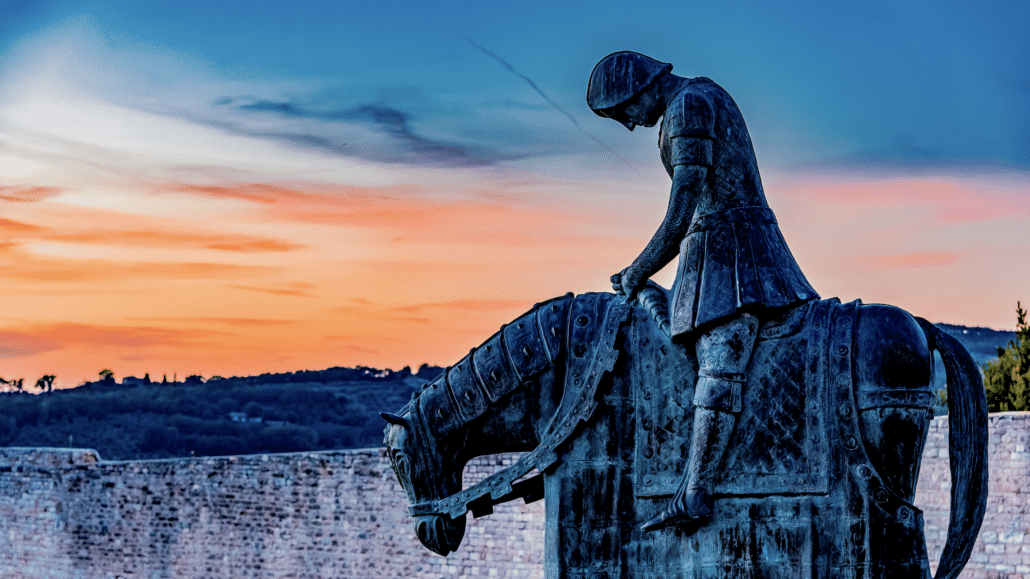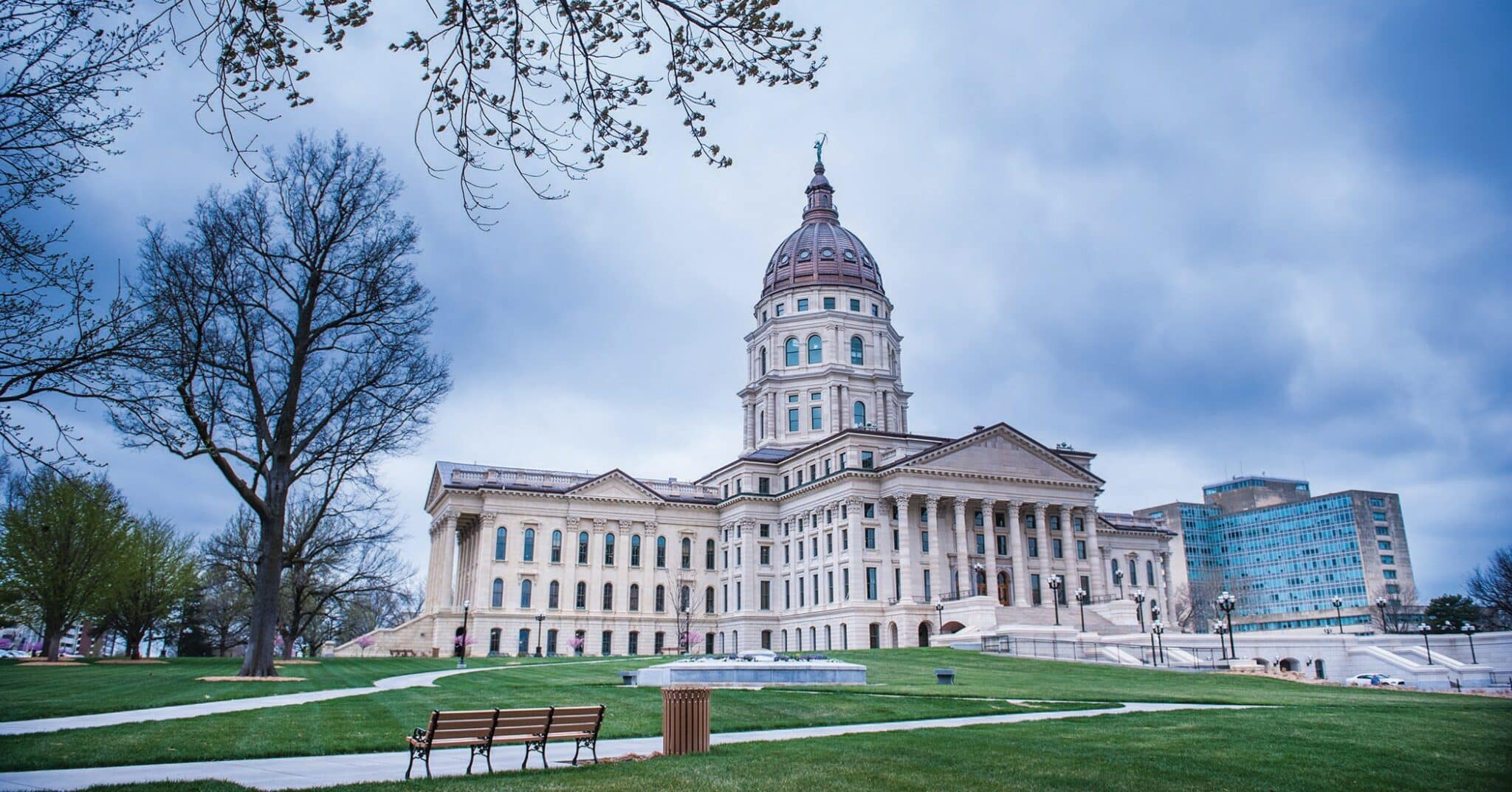Francis of Assisi was always a saint, right? Absolutely wrong! In his teens and early 20s, he often found God’s ways to be an obstacle to the generous, self-sacrificing life for which he would much later be revered. He wanted to be a highly respected knight. Though many Christians link the term dark night of the soul to St. John of the Cross (16th century), Francis knew it very well even without using that expression.
Francis’ two attempts to achieve military glory ended in failure, the second one involving a year as a prisoner of war. As a soldier, did Francis ever kill an enemy? Quite possibly. In his Testament, Francis wrote that he once shunned people with leprosy but eventually learned to love them.
Many of the hours that he spent praying in caves were not moments of consolation and ecstasy. What, in fact, did God want him to do? Even when God gave him brothers, Francis frequently found that leading them could be very difficult. Living as a hermit would have been much simpler.
Faith as Relationship
By the time he died around the age of 45, Francis fully embraced many things and people he had once shunned, exchanging his sense of normal for God’s sense of it. Francis’ conversion was ongoing.
Christian faith is first a relationship with Jesus, and then it has content—for example: Was he really God? Was he indeed human? What does the command “Do this in memory of me” mean? Don’t all humans find that the need for content grows as the relationship becomes more serious?
People who are friends or lovers first have a relationship and then seek to know more facts about each other. When people today say that they, their children, or friends have “lost their faith,” aren’t they usually describing no longer believing in many facts that once gave them great comfort? They have been unable to rework life’s bruises into a growing faith. Many people can easily complete the sentence, “Believing in God was easy until _____ happened.”
If we idealize, as many people do, a 5-year-old’s faith, it’s inevitably downhill after that. A 5-year-old’s faith is wonderful—for a 5-year-old! It won’t support the faith questions of a 17-year-old, a 45-year-old, or a 73-year-old.
We don’t expect human relationships to grow without hard work on the part of each person involved. If we do, such a relationship “runs out of gas” quickly, and we often explain what happened as the fault of someone else who disappointed us in some major way.
Growing through Worship
Francis’ relationship with Jesus—his faith in Jesus—grew through generous service to women and men on the margins of 13th-century Italian society, but it also grew through private and public prayer. Francis and his followers had a role in spreading how the Church in Rome celebrated the Eucharist. This belongs to the whole Church before it belongs to any of its individual members. Julian of Speyer, a friar contemporary of Francis, described him as a “totally catholic and apostolic man.”
When Pope Francis announced on July 16 new restrictions on the celebration of the Tridentine Mass (promulgated in 1570), many Catholics were shocked. Some people had claimed that it was the only valid Mass, clearly much more so than the reformed Mass authorized by St. Paul VI in 1970. I was 22 years old then and knew the Tridentine Mass quite well.
The Catholic Church has a right—and duty—to regulate its public worship. To reject the changes introduced in 1970 runs the risk of creating an idol out of the Tridentine Mass, something it never claimed for itself.
In the first Jurassic Park movie, there is a scene that shows amber resin dripping on a mosquito and then hardening around it. The Tridentine Mass is not a mosquito gloriously encased in amber. Public worship exists not to reinforce individual preferences but to connect us with a great variety of people living out their Baptism, always challenged by the words of Scripture and the example of saintly men and women.
Francis of Assisi became a saint because he allowed his relationship with Jesus to remain primary. Facts are important only for allowing that faith to grow and evolve as we mature. A 5-year-old’s simple faith can mature into a 73-year-old’s adult faith.
Shouldn’t we follow Francis’ example here?









2 thoughts on “Growing In Faith Like St. Francis”
When I was in Engineering school I learned that professions (doctor/ lawyer/engineer etc.) used their own specialized language to make themselves exclusive. The church is supposed to be inclusive. Use of language not understood by those we evangelize has an exclusive effect. How arebwe to bring in the world if others can’t understand us?
Donna, I agree. To expect everyone to learn the Latin language is absurd. Since 1970, and just in the last couple of decades, we finally put the finishing touches on the Mass in English to get the translation a little closer. Some are still wondering whether we should also improve the translation of the Lord’s Prayer, namely the Our Father.
The English language is a beautiful language in its own way, for those that know a thing or two about English.